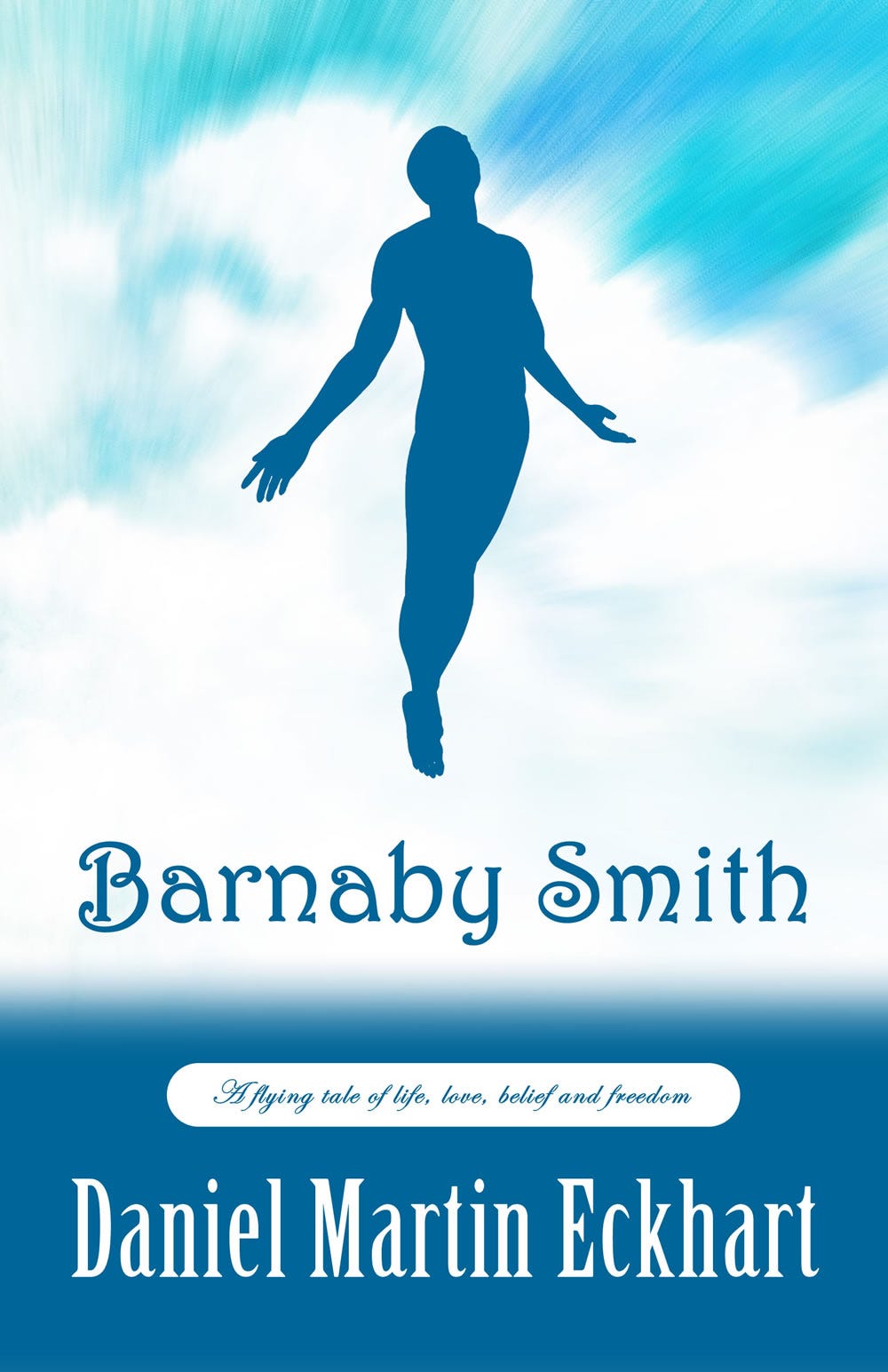"Write what you know" - what a crock!
When you start out they always tell you to "write what you know". Seems to make sense, after all, you'll be writing about something where you have a set of insights. But I say, rubbish!
Beginning writers take this far too literally. Just because you're a nurse doesn't mean you're limited to hospital tales. "Write what you know" simply means - or damn well should mean - "write where your passion lies".
If we’d all just write “what we know,” then wouldn’t have sci-fi, fantasy, horror, you name it! After all, it’s all made up. And that right there is storytelling for ya - we make stuff up! Have we been in space? Have we battled wizards? Have we escaped chainsaw-wielding psychos? Or, in my case my serial killer films, have I murdered my way around town to draw inspiration from my many bloody real-life adventures? Of course not - it's all “just” storytelling, it’s make-believe, using that good ole imagination bit we’re writers (hopefully) have in abundance.
Here a few sci-fi films that were invented, by the sheer power of writers’ imagination, as films (no underlying material such as comics or novels):
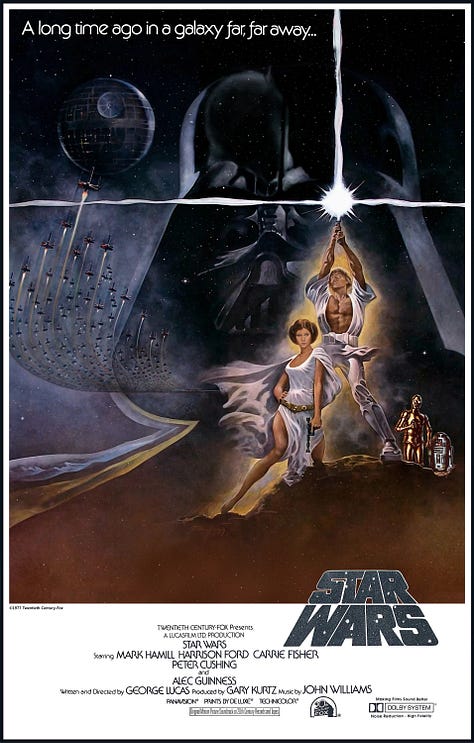
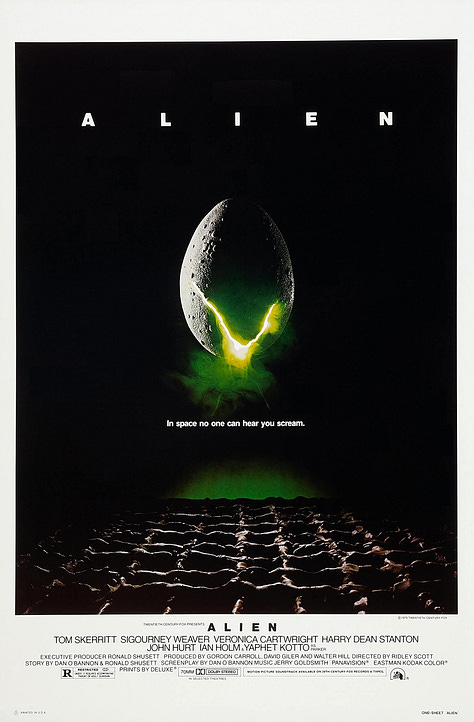
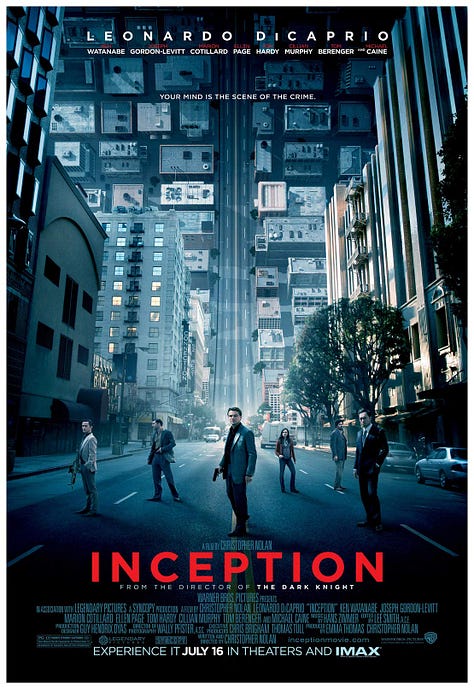
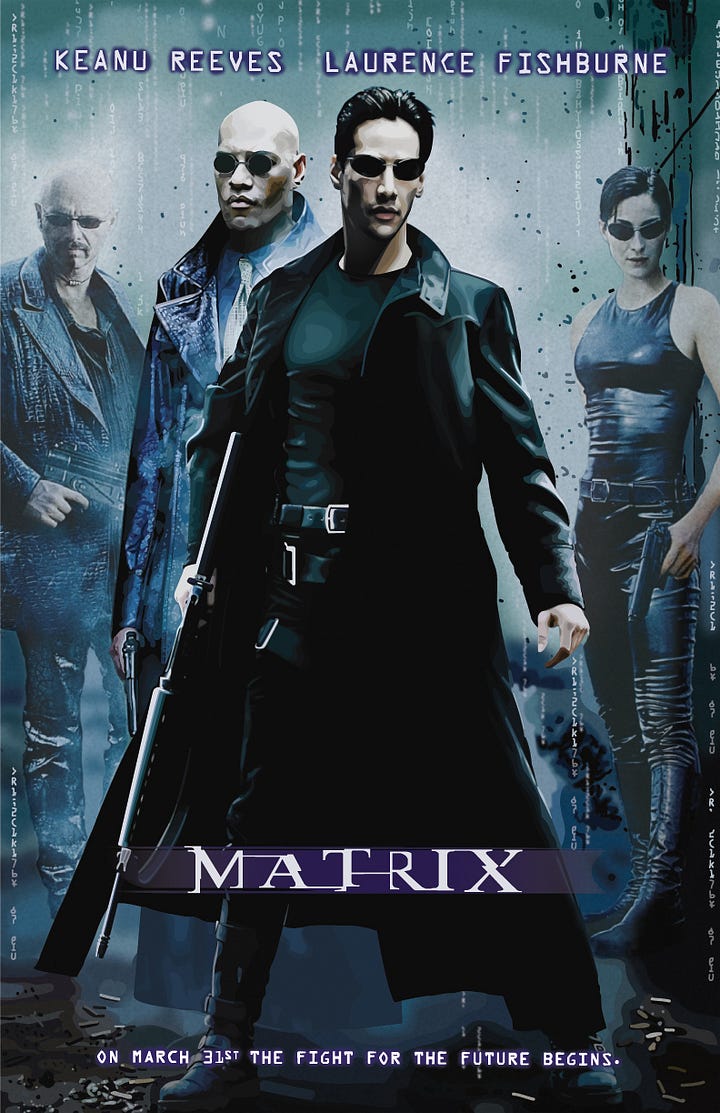
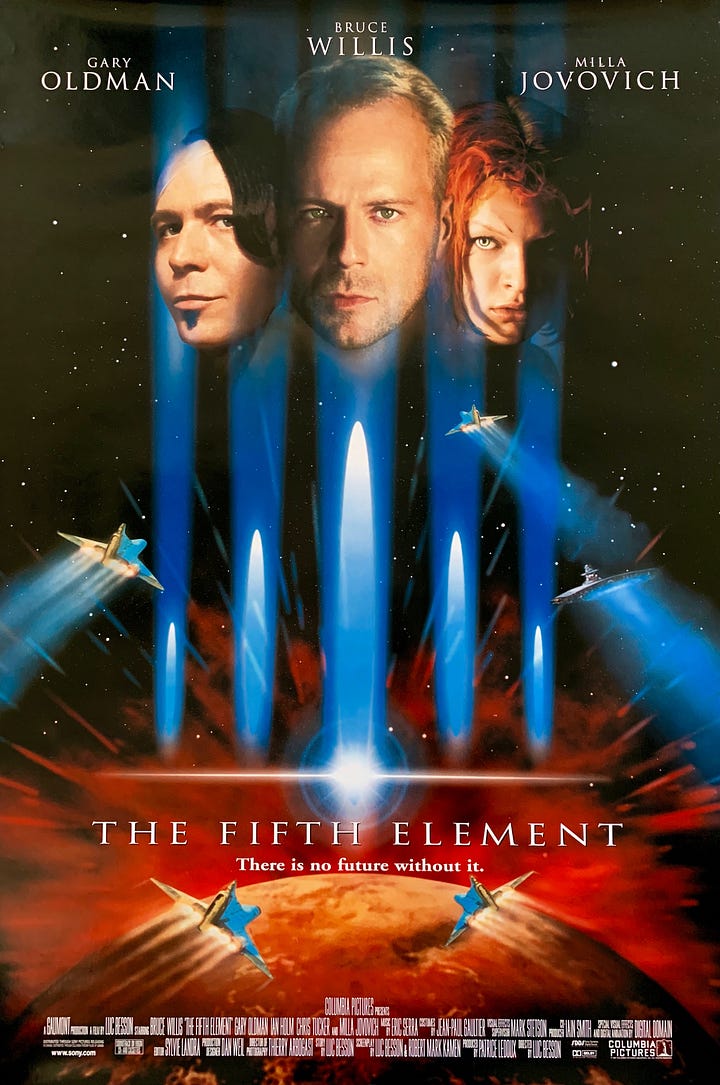
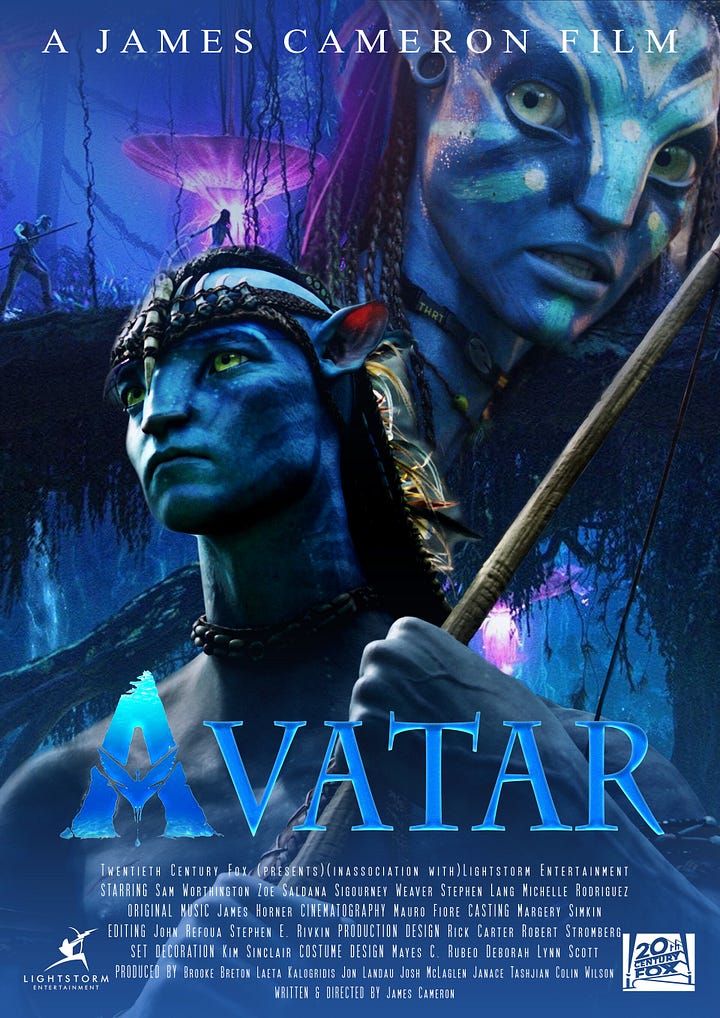
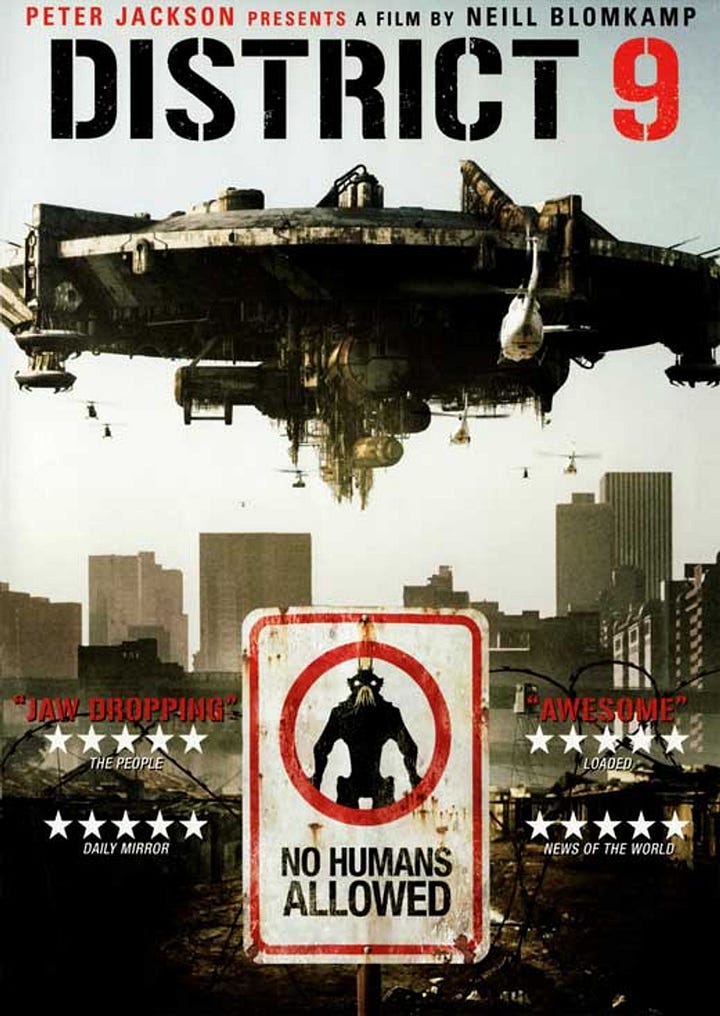
”Write what you know.” = “Write where your passion lies.”
If that passion is with sci-fi, then that’s what you should focus on. That will be your best chance because your passion will show up in your script. Even if it’s raw, even if “polished” isn’t even in sight - if your passion is woven into your story - chances are that people in the film business will recognize it.
Back to the hospital for a moment. If you are that aforementioned nurse and you have a passion for it - then by all means write your hospital script. You'll have the double whammy - passion and experience - no research required (that is, actually, the only benefit you have from the literal “write what you know”). I know that I can write whatever I am passionate about - and that goes for every single one of us writers. Tell you the truth, most pros can write in any case, passion or no passion - but that's another story.
Which brings me to a related point you might also want to ponder. Is it better to be a genre writer or a jack-of-all-trades?
My genre has, for the most part, been crime. Dark crime, that is, psychological thriller material … But one day I had the passion for a completely different story, a curious drama about a mental health patient who believes human beings can fly. I was so happy writing it. Jeremy Irons read it and showed interest in playing the lead - but, as with most projects, it never got off its feet. My literary agent pushed the script, but even with interest from actors and a director, producers never bit - and those who knew me politely declined and asked for my next thriller script. Eventually I continued my happy time with that story by turning it into a novel (Barnaby Smith).
Here’s the thing. Producers knew me as the crime writer. When they saw my name they knew which box to stick me into, and there they had faith in my writing because, heck, I had delivered before. Being a genre writer, in that sense, clearly helps.
You may want to write a romantic comedy, then a horror tale, then a family drama. If all of those feel right and if you’re actually good at writing in those genres, or you just feel like exploring, then go right ahead and have fun! Write to your heart’s desire in any world you choose ... but know that you won’t exactly increase a producer’s faith in you.
Let’s face it - even when you’re produced, when you have the successes to back you up, producers will still worry (it’s a major part of their job description). Producers will always feel more comfortable with what they know (or perceive to know), with anything that, in their mind, minimizes their risk.
If a writer known for action movies drops a romantic love story on a producer’s desk, that producer will worry. Producers always want the sure thing (even if that doesn’t really exist). If they know the writer of successful action movies delivers another action script, that’s comfort. We’re all comfort creatures, so it should be easy enough for us to understand producers from that point of view.
Now, what if you’re only just starting out? When you have your first pitch meetings with producers? Let’s assume a producer is looking for a fresh voice, a strong voice - he looks for a brilliant, hungry writer to turn his idea into a thriller screenplay. Do you think he’ll pick the writer who’s written ten thriller specs or the one who’s written one of every genre?
And if you argue that the jack-of-all-trades may be far more brilliant, that his thriller script may be the best by far, that the strength of his writing is clearly superior ... frankly, even then that writer will remain the tough sell. Why? Because a producer may perceive him to be all over the place, he appears to still be “searching for his voice”. Perception matters a great deal.
When that door opens, when the producer's ready to give you a shot, when the network calls, you want to be sure you look as professional as you possibly can. Identifying yourself as a crack in one particular genre helps you with that.






